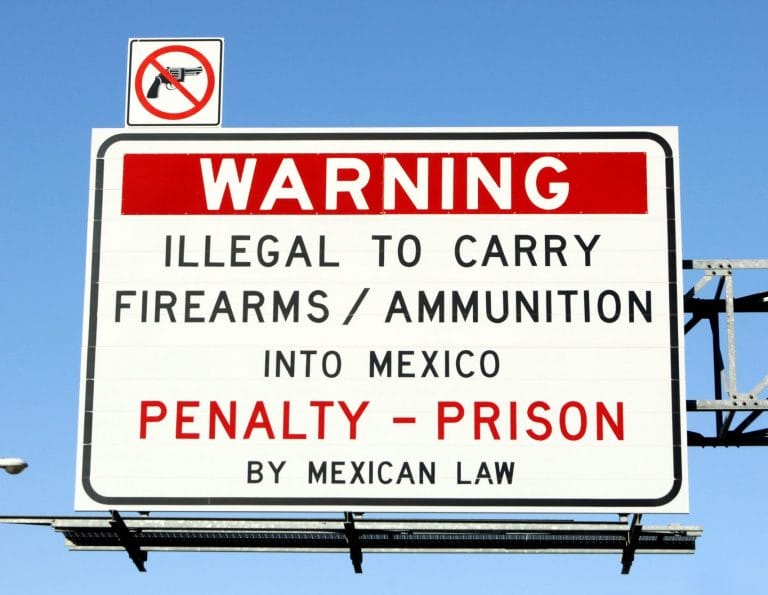The Difference Between Federal and State Drug Crimes in Mexico
Drug crimes are highly stigmatized, and in a country like Mexico, where the drug crime rate is quite high, they’re punishable with hefty penalties and long-lasting prison sentences.
Tijuana is the second-largest city in Mexico and it has always been subjected to a high drug crime rate. From smugglers to large cartels, this city has seen it all. Thanks to the latest legal advancements, Mexican law has redefined the consequences of committing drug crimes.
Some of the most common types of drug crimes include possession, intent to distribute, and smuggling, but the charges vary from state to state. Regardless of your charge, you will need the assistance of an expert drug crime attorney in Tijuana, such as Fabian Meneses.
It’s important to understand the difference between state and federal-level drug crimes. So let’s take a closer look at them.
Federal Level Laws in Mexico
According to the Mexican Criminal Law, all types of crimes, including drug crimes, are divided into two main categories: state and federal offenses.

Federal laws encompass all the activities focusing on smuggling drugs, transporting them with an intent to sell, and manufacturing. Criminals who buy and sell drugs near schools and other critical locations may also be prosecuted at the Federal level.
Drug trafficking is also considered a federal-level crime in Mexico. Other than drug crimes, federal-level crimes also include human trafficking, sexual crimes, tax crimes, etc. While an arrest may be made at a local or state level, the crime’s nature later determines whether or not the criminal has committed a federal offense.
State Level Laws in Mexico
In contrast to federal-level crimes, state crimes include relatively lower intensity crimes such as production and possession of drugs.
One major difference between state and federal-level crime is the intensity of punishment. While federal offenses include drastically severe punishments, state crimes may not lead to long prison or death sentences.
What Happens After You’re Arrested
Whether you’re arrested on a state or federal warrant, the Ministerio Publico conducts a pre-trial to determine the crime’s nature. They have a 48 hours deadline to determine the type and extent of the offense. If they’re unable to do so, the arrested individual may be released.
However, if not, the case proceeds to a court trial and the judge may order several types of preventive measures for the prosecuted. These include financial penalties, asset freezing, restraining orders, and more.
At Meneses Legal, Fabian Meneses is an expert federal and state crime attorney in Tijuana, Mexico. Whether you’re looking for a drug crime attorney, tax lawyer, or bilingual criminal defense lawyer, we’re here to help.
Our legal team will work with full dedication to help you achieve favorable legal outcomes. Call us at (664)500-6896 in Tijuana or (619)777-8627 in San Diego.







